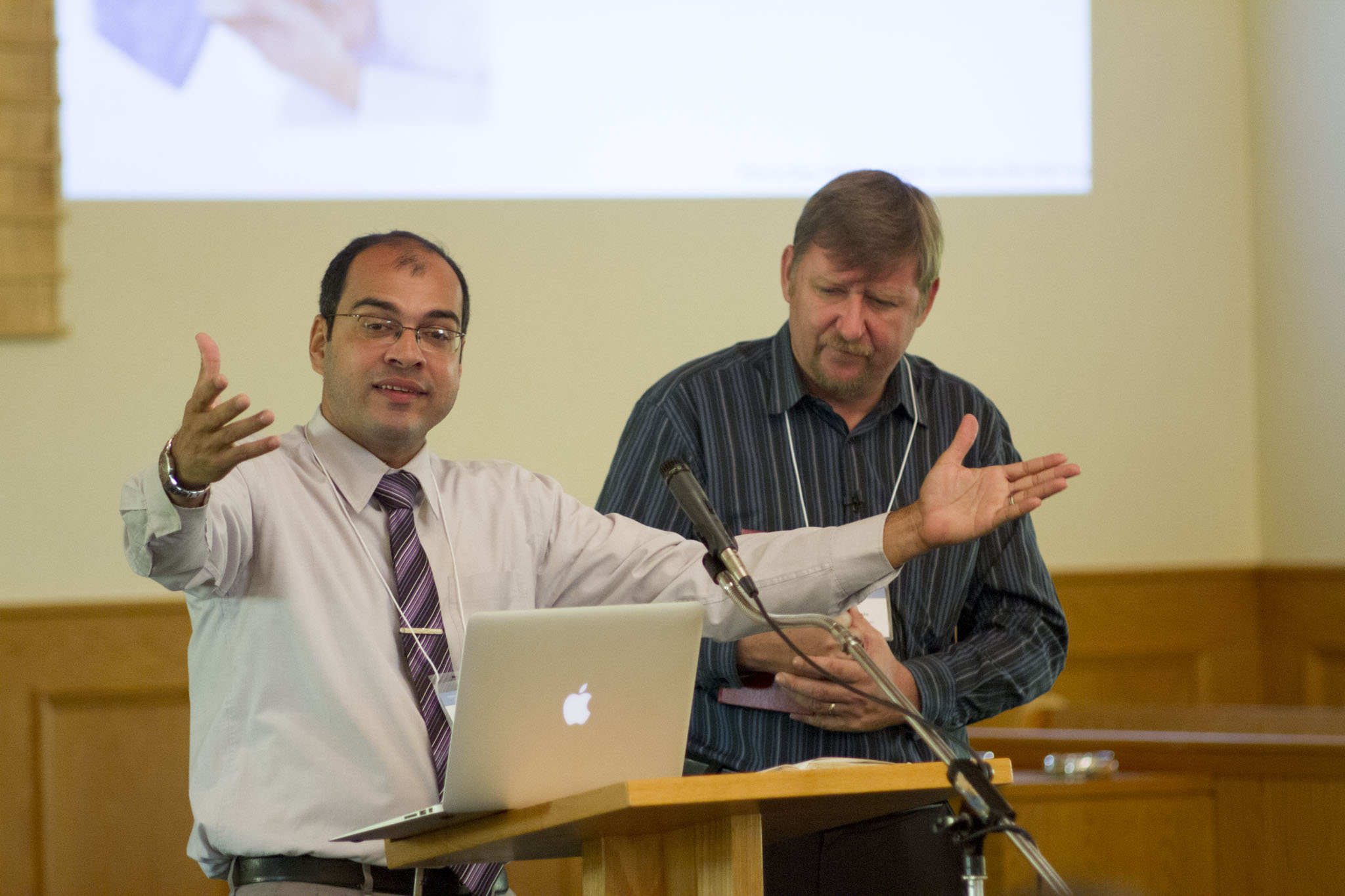Calvin: Ministers Ought Not to Steal


I’m reading through John Calvin’s Institutes of the Christian Religion. For the first time. Yes, shamefacedly, I have to admit that I have never read the work from cover to cover. I’ve grazed here and there. I’ve used the handy index to look up what Calvin said on particular topics. But never, since buying it in 1992, have I had the discipline or desire to digest the whole enchilada. I’m glad that I’ve finally begun to do so. Calvin has some remarkable insights, many of which have been noted by others (the law as a mirror, the Word of God as spectacles, etc.). But frequently you stumble across something which, it seems to me, others may have overlooked.
In Book 2, Calvin works his way through the Ten Commandments. He approaches them as the guide for the life of a Christian redeemed by God’s grace in Christ. As part of his explanation of the Eighth Commandment (“You shall not steal”), he points out that this commandment also means that Christians are bound to fulfill whatever duties they have been given, “to pay their debts faithfully” so to speak (Institutes 2.8.46). He applies this to various callings in society: rulers, parents, children, and servants.
Interestingly, he also applies the Eighth Commandment to pastors:
Let the ministers of churches faithfully attend to the ministry of the Word, not adulterating the teaching of salvation, but delivering it pure and undefiled to God’s people. And let them instruct the people not only through teaching, but also through example of life. In short, let them exercise authority as good shepherds over their sheep.
In other words, pastors obey the Eighth Commandment when they fully discharge their calling. Particularly, we’re to proclaim the gospel with fidelity. Anything less is to be considered as theft. We are robbing God of what he is owed and we are robbing the people of God what they are owed from us. I don’t think I’ve ever encountered that application before!
But, according to Calvin, sermon imbibers can also be thieves:
Let the people in their turn receive them as messengers and apostles of God, render to them that honor of which the highest Master has deemed them worthy, and give them those things necessary for their livelihood.
When parishioners fail to honor their pastors by listening to them and providing for them, Calvin points out that this is actually robbery. But by attentive listening and loving support for their under-shepherds, Christians are following the Eighth Commandment. Have you ever thought about this in those terms? Didn’t think so. But it makes sense, right?


